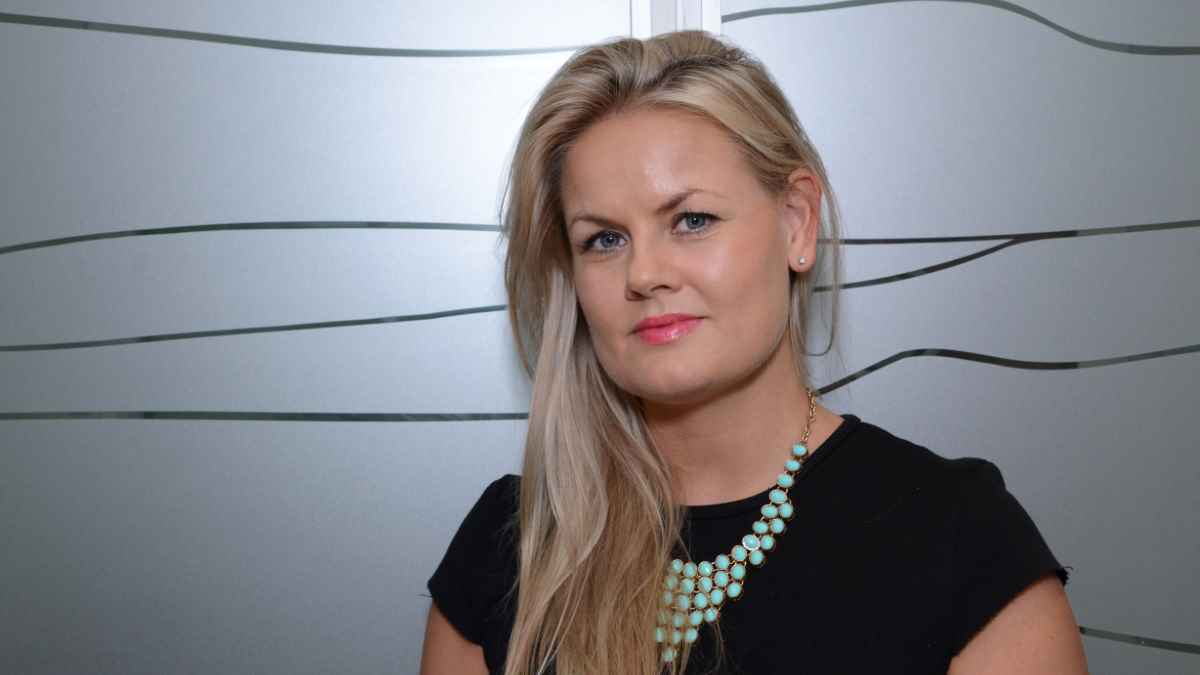A productive, mutually beneficial partnership with regional governments can be the cornerstone of successful energy development, says Ane Aubert, managing director of Equinor Angol
CAPE TOWN, South Africa, September 23, 2024/APO Group/ —
The key to the successful, long-term development of a country’s natural energy resources can be a government that is willing to partner with energy companies to share risks as well as benefits, and to devise compliance approaches for effective social and environmental transformation.
So says Equinor Angola managing director Ane Aubert, of the company’s decades-long investment in Angola.
Government effort
Equinor is an international energy company headquartered in Norway, but over the years since the company entered the Angolan market in 1991, Angola has become one of the largest contributors to Equinor’s energy production outside Norway.
“The Angolan energy sector has made significant progress over the years” says Aubert. “We recognize the government´s effort to improve the business environment and remain attractive for investors.”
Among these efforts, Aubert notes the recent Presidential decree on incremental production. “It’s a great development,” says Aubert. “It introduces better terms for all oil and gas licenses, including incentives for mature fields and cost recovery for dry exploration wells.”
The Angolan government has also taken steps to enhance transparency and governance in the sector, by joining the Extractive Industries Transparency Initiative (EITI).
“Equinor has been a longstanding supporter of the EITI, and this was a significant move towards greater accountability and public awareness about Angola’s natural resources,” she says.
CO2 reduction
Aubert says the Angolan government’s commitment to enabling sustainable development is expected to stimulate more activity and investment.
“A key element of maintaining and enhancing Angola’s competitiveness is the continuous focus on CO2 reduction measures,” she says. “This is essential, not only for the environment but also for attracting investment in a global market increasingly focused on low-carbon initiatives.”
Energy development in Africa must mean investing in the local workforce, promoting human rights, and being a constructive, proactive partner with authorities
For its part, Equinor is poised to continue its investment. It is set to drill two promising exploration opportunities in its blocks 1/14, and 47 offshore assets, and has plans for new infill and near-field exploration (ILX) wells in its legacy assets over the next five years.
The company made its first Angolan discovery in 1995. Its portfolio today is partner operated and delivers around 110 000 barrels of oil per day – around 10% of Angola’s total oil production.
Significant player
Despite the recent emergence of new frontier discoveries, Aubert is confident that Angola will remain a significant energy player on the continent long into the future.
“While Namibia is gaining attention as a potential new world-class exploration frontier, Angola continues to hold a strong position in Africa thanks to its established infrastructure, skilled workforce, and still substantial reserves potential,” says Aubert. “This combination, together with the government’s proactive approach, and increased focus on compliance, provides a stable and attractive environment for investors“.
Aubert says unlocking that attractive investment potential must go hand-in-hand with real ESG commitments. Equinor is itself part of several initiatives to boost efficiency and sustainability.
Through CO2 reduction roadmaps with partners and operators, process optimization, energy efficiency, and technology upgrades, the company reduced its CO2 emissions in Angola by 40% from 2018 to 2023.
It has also committed, alongside Sonangol and its operators, to the Oil and Gas Decarbonization Charter to end routine flaring by 2030 and achieve net-zero targets by 2050. It is also part of the Satellite Monitoring Campaign to detect methane leaks across assets.
“We believe it’s possible to lead in the energy transition while continuing our oil and gas activities, by optimizing our operations and focusing on efficient hydrocarbon development,” says Aubert.
Community projects
The company also has numerous community projects aimed at achieving social as well as economic progress.
A project in the southern Huila province aims to support 5 000 people in 10 rural communities affected by droughts and climate change through access to water and clean energy, as well as sustainable agricultural practices.
A biodiversity project supports a national inventory of mangrove ecosystems, which could hopefully lead to the recognition of Angolan mangroves as wetlands of international importance under the Ramsar Convention.
“Energy development in Africa must mean investing in the local workforce, promoting human rights, and being a constructive, proactive partner with authorities,” concludes Aubert. “Continued commitment, innovation, and collaboration across the Angolan industry is crucial to further reducing carbon emissions and achieving a sustainable energy future for all Angolans.”
- Ane Aubert will be a featured speaker at AOW: Investing in African Energy, to be held in Cape Town at the CTICC2 from October 7 – 10. AOW is the meeting place for the global community of African energy stakeholders committed to enabling a prosperous energy outlook for Africa.
Distributed by APO Group on behalf of AOW: Investing in African Energy.


 Business3 days ago
Business3 days ago
 Energy4 days ago
Energy4 days ago
 Business4 days ago
Business4 days ago
 Energy2 days ago
Energy2 days ago
 Business4 days ago
Business4 days ago
 Business4 days ago
Business4 days ago
 Energy3 days ago
Energy3 days ago
 Energy3 days ago
Energy3 days ago












